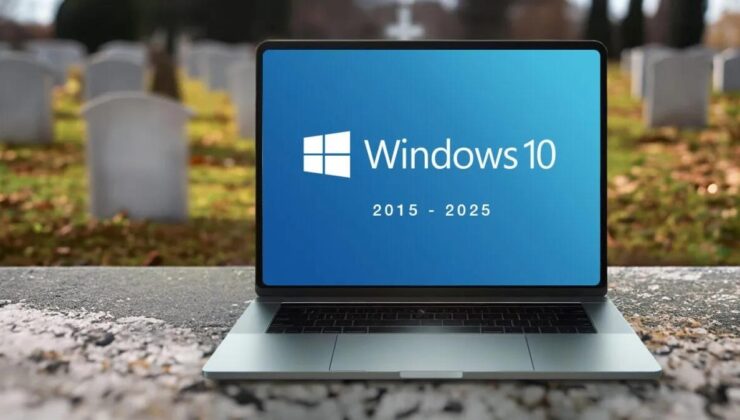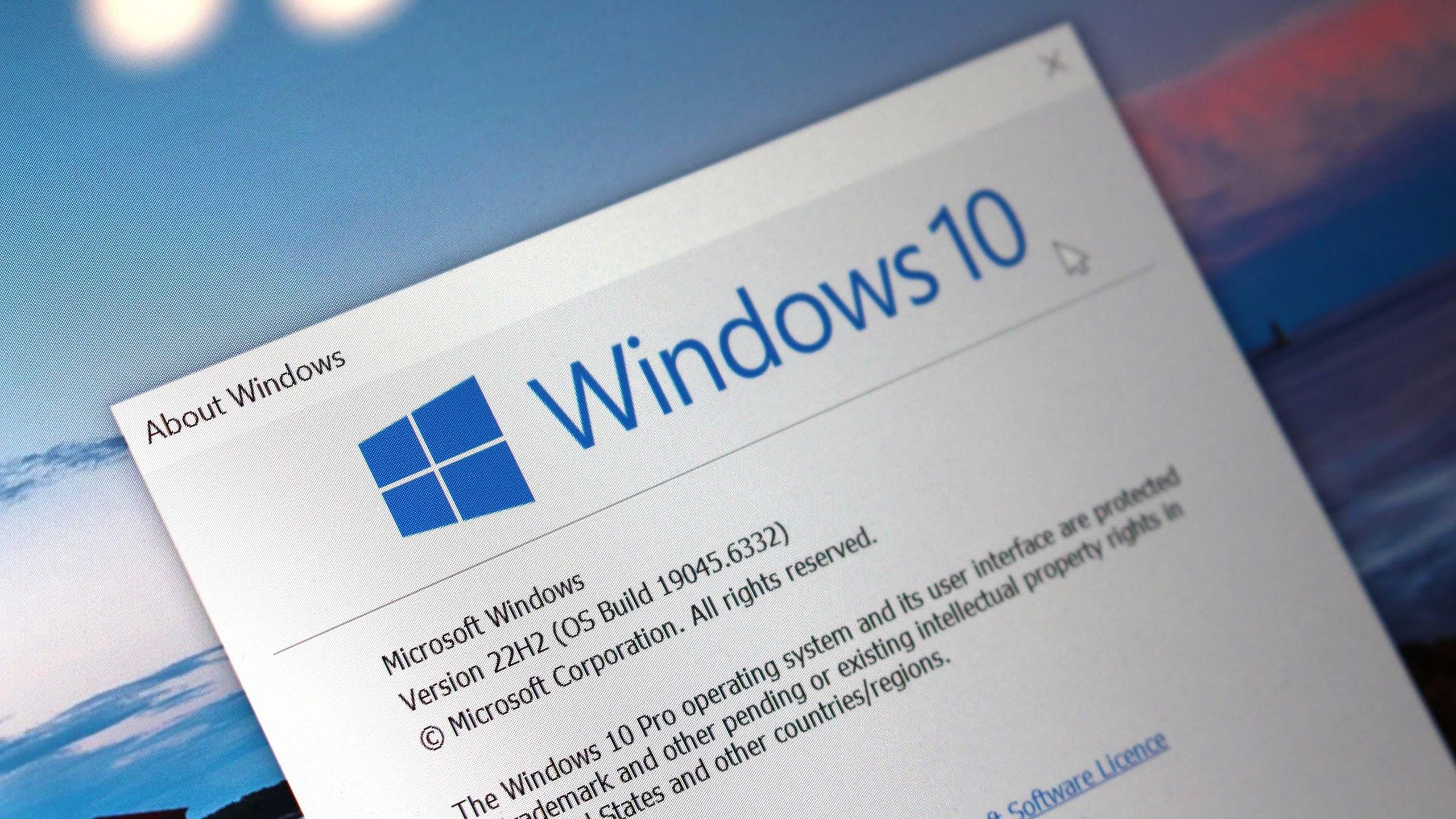

On October 14, 2025, Microsoft will conclude support for Windows 10, an operating system that has served countless users since its debut in 2015. This means no more new features or routine updates will be available. While devices running Windows 10 will remain operational, they will lack system improvements and security fixes.
Initially, Windows 10 users may not perceive immediate changes, yet over time, the absence of updates will likely lead to increased security vulnerabilities and potential software incompatibilities. To assist with the transition, Microsoft has introduced an Extended Security Updates (ESU) program. This initiative allows certain devices to receive critical security patches temporarily, acting as a stopgap rather than a permanent solution.

The ESU program offers European Economic Area users a one-year free extension of critical security patches, contingent upon logging in with a Microsoft account. However, this reprieve is limited, as security updates will cease entirely at the year’s end. The program specifically excludes new feature introductions or general system bug fixes.
Microsoft’s advice for users is a transition to Windows 11. For devices lacking the necessary hardware, either a short-term ESU subscription or an upgrade to new hardware will be necessary. While many home users will find the upgrade to Windows 11 a sensible choice, others might consider switching to operating systems like macOS or Linux.
To embrace Microsoft’s latest system, Windows 11, certain minimum specifications must be met:
SİGORTA
3 saat önceSİGORTA
24 saat önceSİGORTA
24 saat önceSİGORTA
3 gün önceINSURANCE NEWS
3 gün önceSİGORTA
5 gün önceSİGORTA
5 gün önceSİGORTA
5 gün önceBES / HAYAT
6 gün önceSİGORTA
6 gün önce 1
YouTube Shorts Görüntülenme Sayısı Hesaplamasında Değişiklik
17423 kez okundu
1
YouTube Shorts Görüntülenme Sayısı Hesaplamasında Değişiklik
17423 kez okundu
 2
Google daha hızlı, daha verimli Gemini yapay zeka modelini duyurdu
15310 kez okundu
2
Google daha hızlı, daha verimli Gemini yapay zeka modelini duyurdu
15310 kez okundu
 3
Elektrikli Araç Nedir, Özellikleri ve Türleri Nelerdir?
12859 kez okundu
3
Elektrikli Araç Nedir, Özellikleri ve Türleri Nelerdir?
12859 kez okundu
 4
Galaxy S25 Ultra’nın Kamera Sorunları Kullanıcıları Endişelendiriyor
11605 kez okundu
4
Galaxy S25 Ultra’nın Kamera Sorunları Kullanıcıları Endişelendiriyor
11605 kez okundu
 5
Character.AI, Anında Video Üretimi İçin TalkingMachines’i Piyasaya Sundu
11238 kez okundu
5
Character.AI, Anında Video Üretimi İçin TalkingMachines’i Piyasaya Sundu
11238 kez okundu
Sigorta Güncel Sigorta Şikayet Güvence Haber Hasar Onarım Insurance News Ajans Sigorta Sigorta Kampanya Sigorta Ajansı Sigorta Sondakika Insurance News